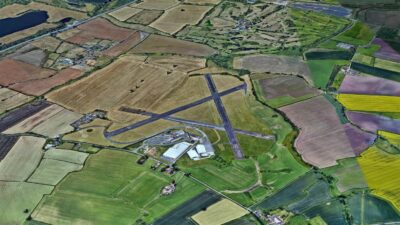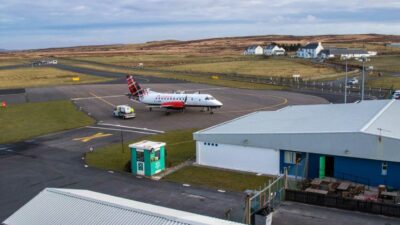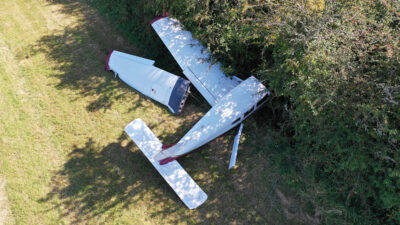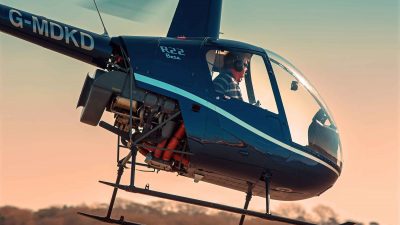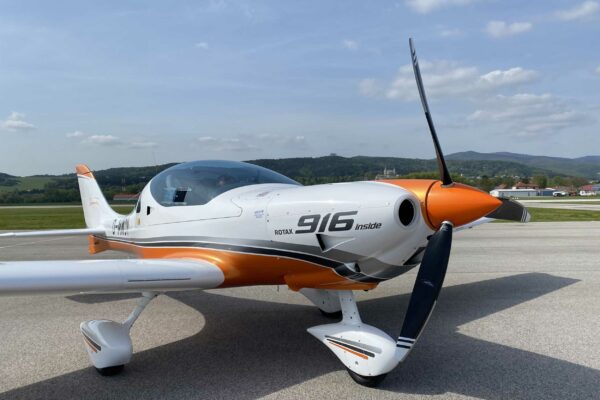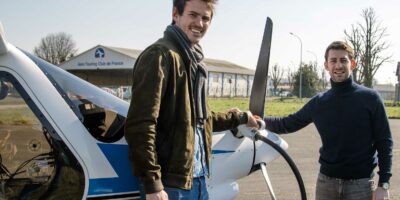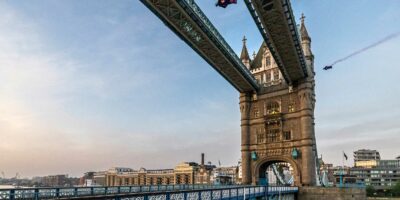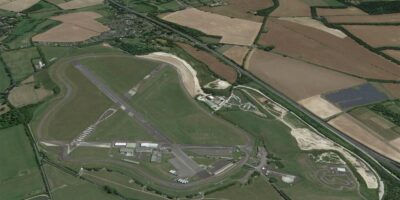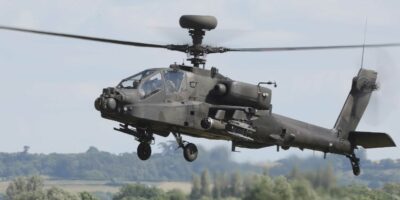The UK CAA began issuing Class 1 and 2 medical certificates to pilots being treated with insulin and other blood sugar lowering medication in early 2012.
Following the introduction of the new EASA Part MED (medical regulations for aviation medicals) in September 2012, the UK CAA continued this using a flexibility clause in the EASA requirements. EASA subsequently requested that the UK apply for a derogation to provide safety assurance. This process has meant that pilots with diabetes, treated with medication which can cause hypoglycaemia (low blood sugars) could regain their medical certification. Previously the need for the use of this medication meant that their flying careers were finished. Their only option was to obtain a UK NPPL.
The derogation process has meant that there has been a continuous review of the latest medical evidence and some further adjustments to the guidelines.
The most recent change to the protocol suggested that all diabetic pilots required further cardiological evaluation and exercise testing (on the treadmill) should they wish to retain their unrestricted licence. The rationale for the adjusted testing requirements is based on the evidence that those requiring this medication are at a significant increased risk of cardiovascular disease.
On behalf of the LAA and BGA, Frank Voeten AME and MDA to the LAA and BGA discussed this change and a discussion has taken place with the CAA’s Medical Department to ensure that the regulations and requirements were congruous with up to date medical evidence. The most recent change that was made to the protocol should have been applied only to those on insulin and other blood-sugar lowering medication and the error on the protocol has now been amended.




